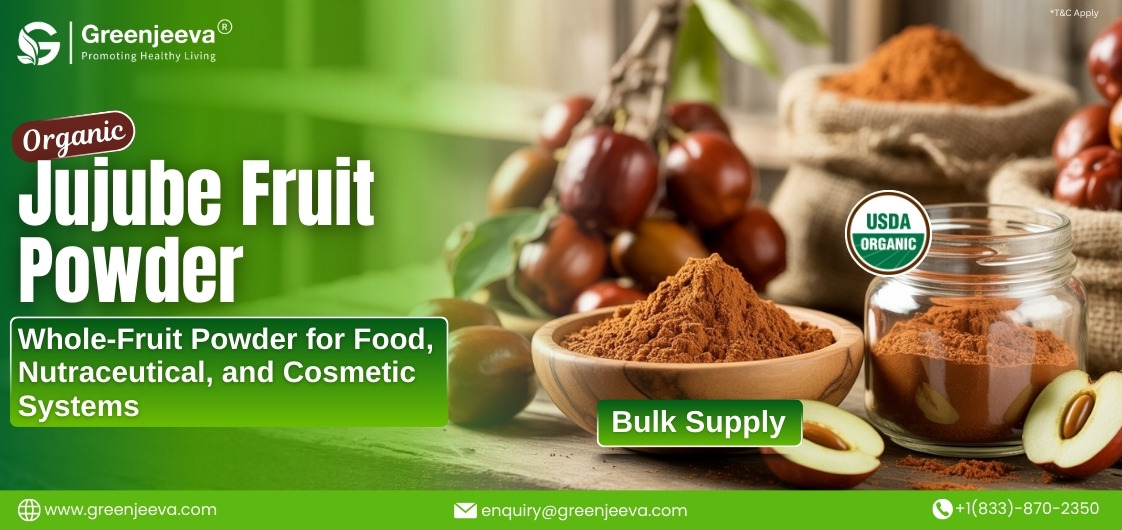Raspberry - Nutrition Profile, Uses, and More

Biological Background of Raspberry
The raspberry plant belongs to the Rosaceae family. These crops are economically significant crops across Northern Europe, the United States, and Canada. They have evolved in eastern Asia. These are perennial plants with canes that live up to two years. These plants often reach 1.8m or above. The leaflet's undersides are hairy with the color varying from white to gray.
Nutritional Profile of Raspberry
The super-nutritious raspberries cater to your overall wellbeing. A 100-gram of raspberries can provide 64 calories, 14.5g carbs, 8g fiber, 1.5g protein, 0.8g fat, 54% Vitamin C, 41% Manganese, etc. It also has antioxidant compounds like Vitamin C, Ellagic Acid, Quercetin, etc.
Types of Raspberries
The raspberries are categorized in terms of color and again sub-categorized further. Find out details about them here-
Red Raspberry
These are the most popular raspberries that one can find in supermarkets. The sub-categories of red raspberries are based on their relative firmness and sizes.
- Boyne:
Boyne is a summer-yielding raspberry that bears a sweet and aromatic flavor. It is a popular add-on to desserts.
- Heritage:
These are the large, bright-red, firm, and flavourful categories of red raspberries. The quality is superior, and the taste is preferable across the globe.?
- Latham:
Latham is summer yielding red raspberry category that adapts to all sorts of oil. People eat them fresh.
- Prelude:
Prelude is a self-pollinating raspberry, frozen to use as jams or desserts. It is productive and easy to pick a plant.
Yellow Raspberry
These are yellowish-golden color fruits bearing a mixed taste of raspberries, apricots, and bananas. Here are a few of its types-
- Fall gold:
Fall Gold Raspberries are the most flavourful and popular raspberries ripening around the fall. These raspberries are highly regarded amongst the east and mid-east growers.
- Amber:
Amber is one of the high-quality raspberries, superior to other yellow varieties. The fruit is a summer plant and is comparable to red raspberries.
- Golden Summit:
Golden summit raspberries are firm, large, ever-bearing, and large-yielding fruits. They taste great and crop the first season.
Black Raspberry
These raspberries are also known as blackcaps. These are blackish blue in color and are native to Northern US. The rich taste of black raspberries makes them the choicest of all the other categories. Find out the varieties under the category:
- Loganberry:
Loganberry is the crossbreed of wild blackberry and red raspberry plants, ripening in July with a deep wine-red color. It has grown in reasonable quantities in Washington, England, and Australia.
- Dundee:
These are a dull variety of black raspberries. Dundee plant is tolerant to poorly drained soil.
- Bristol:
Bristol black raspberry is an heirloom variety offering extremely high yields. The fruit picking is easy because of the upright growth in cluster formation. These are glossy black in appearance and bear a juicy flavor.
- Black Hawk:
It is one of the most productive black raspberry categories. The richly flavourful large and pulpy berries do not crumble. These plants are high-yielding and can rise to 4-6 feet.
Industrial Uses of Raspberry
Raspberry powder is a highly nutritious ingredient that belongs to the Rose family. There are numerous uses of raspberry powder. It is dominantly productive for the food manufacturing industries. It aids creative baking and delivers a tart taste. It is made up of dehydrated raspberries and is a great ingredient for the food manufacturing and wellness industry.
The Bottom Line
Raspberry powder is an extremely flavourful and a chief ingredient in the food manufacturing and wellness industry. Are you looking forward to buying organic raspberry powder in bulk quantities? Place your order on Green Jeeva at affordable prices!
Also read: https://www.greenjeeva.com/blog/raw-material-for-summer-beverages-industry
Disclaimer:
The above statements are not intended to cure any disease or comply with any health benefits. This is solely for information purposes. Please consult your doctor/health practitioner before consumption of the product. Although we take efforts to keep our website informative, we do not guarantee any medical benefits.






